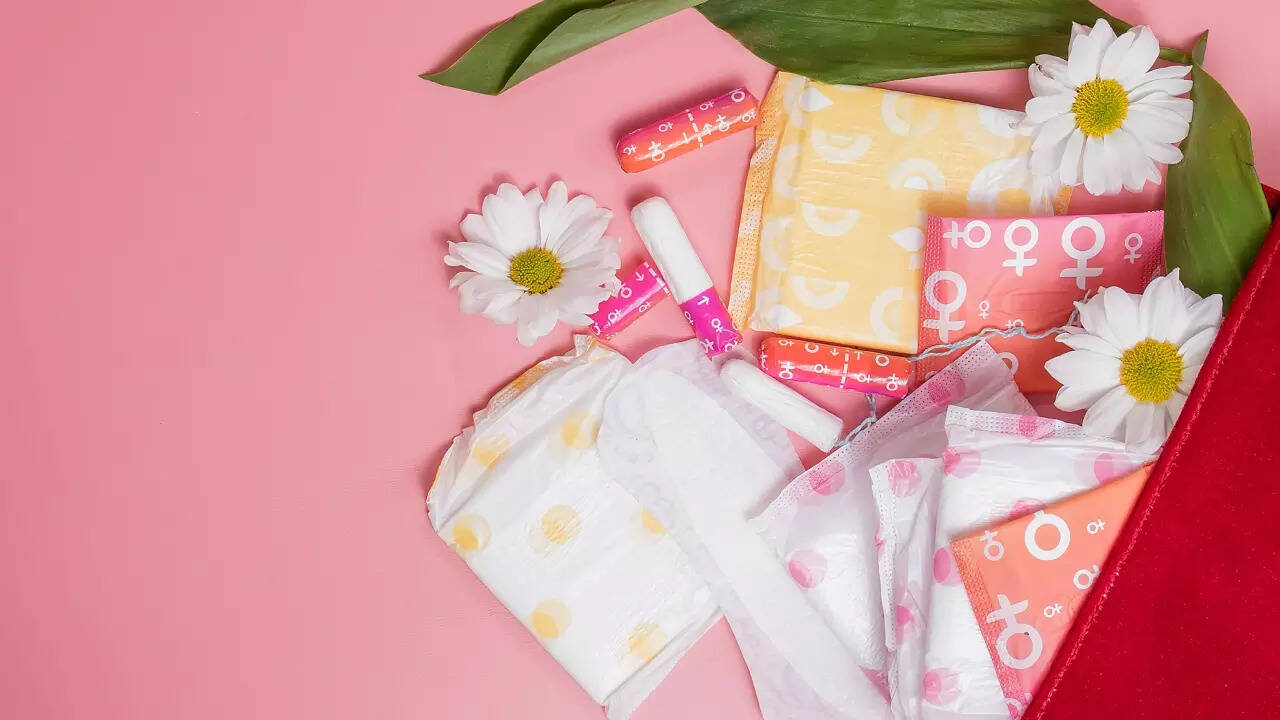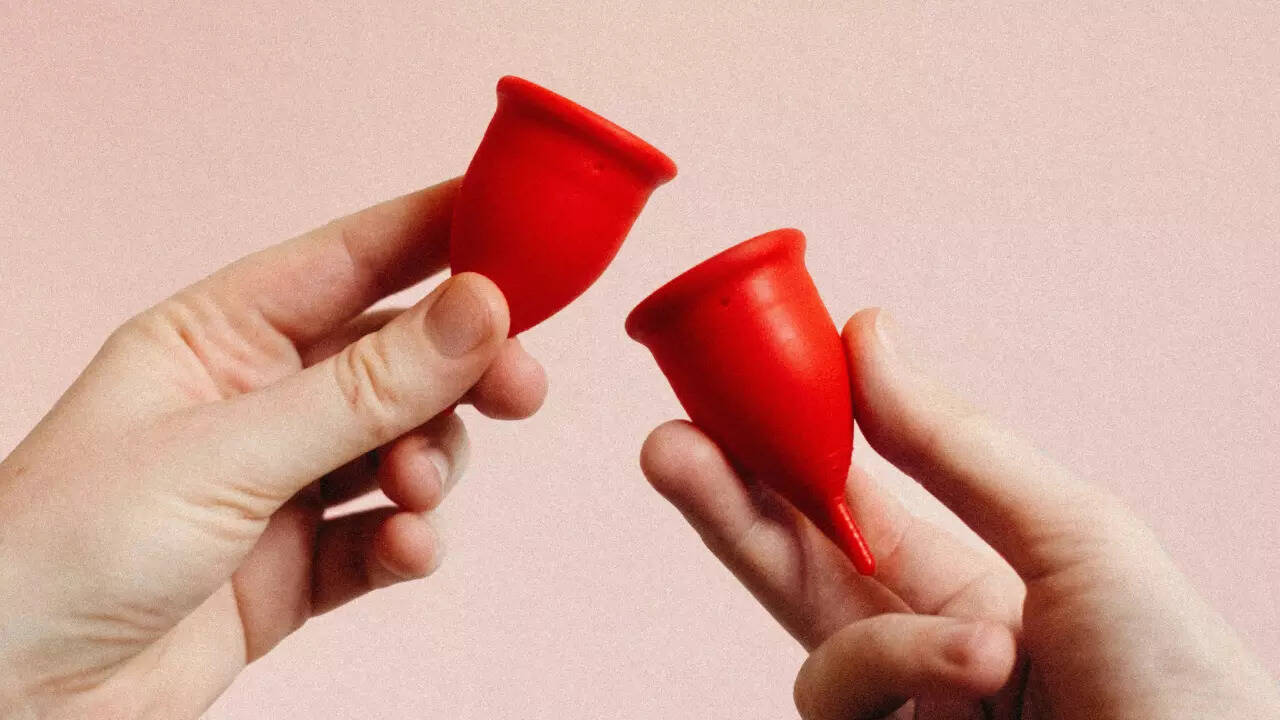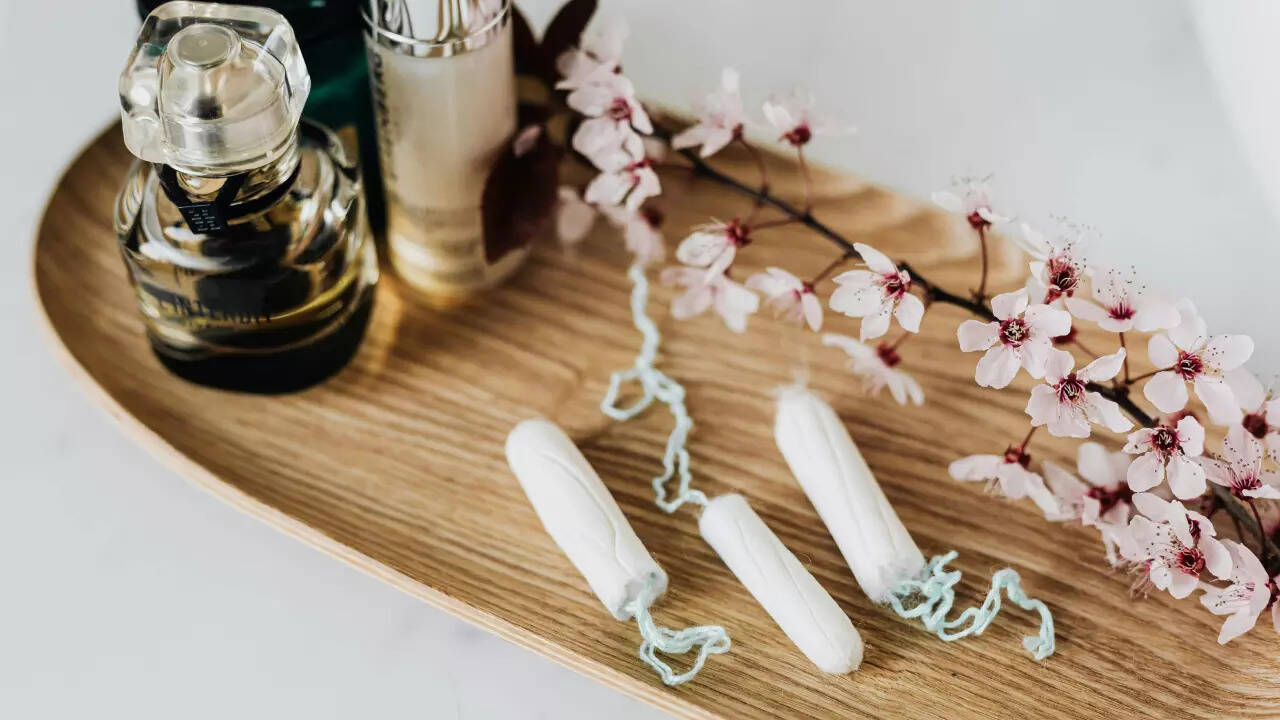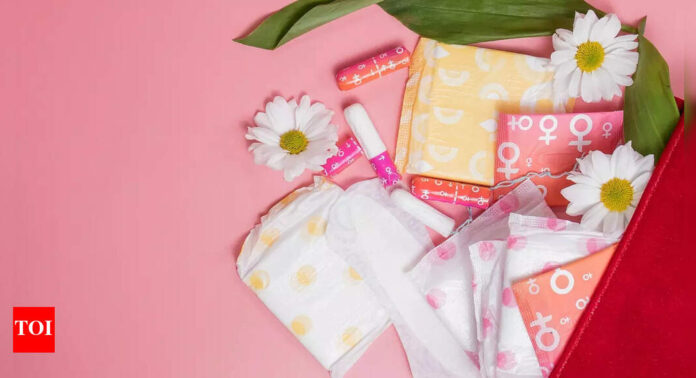The female hygiene product market has seen a boom in recent years, thanks to the increased awareness around personal care and intimate hygiene. While products such as menstrual cups and period panties have been a boon, the same cannot be said about all. From products that claim to keep to ‘clean’ down there, and leave you smelling like a bouquet of roses, to intimate area whitening creams, certain products feed on the insecurities of many women. But do these products really live up to their claims? And should you use it? Let’s take a look at what science and health experts say. The case of intimate washes

If you are a woman (or not), you must have come across at least one advertisement for ‘feminine wash’ or ‘intimate wash’. Often claimed as natural, moisturizing, and safe, these washes advertise that if you have a vulva and a vagina, you need to use them to keep the area ‘clean’.So, should you be using these washes to keep everything down there clean? Well, the manufacturers can put fancy labels and make big claims, but health experts do not really approve of these feminine washes. Why? Because you don’t really need them!Dr Tanya Narendra, aka Dr. Cuterus, an Oxford University-trained embryologist and medical doctor, explains why you don’t need these intimate washes. “The vagina is a self-cleaning organ. It means that you don’t need a special soap to wash the vagina. Just like you don’t clean the inside of your nose but the outside, you don’t have to clean the inside of your vagina,” she said in a video.PFAS in menstrual products

Well, feminine washes and intimate sprays are not the only culprits. Some studies have found the presence of dangerous chemicals and PFAs in female hygiene products. A recent study led by researchers at the Indiana University Paul H. O’Neill School of Public and Environmental Affairs and the University of Notre Dame found the presence of per- and polyfluoroalkyl chemicals (PFAS), also known as ‘forever chemicals’, in reusable feminine hygiene products such as period underwear, reusable pads, menstrual cups, and reusable incontinence underwear and pads. “Feminine hygiene products stay in contact with the skin for extended periods, and the risks from the dermal absorption of PFAS, especially neutral PFAS, are not well understood,” the study author said. PFAS are linked to serious health risks. “One of the most abundant PFAS detected in products from the North American market is 8:2 FTOH, a chemical that was voluntarily phased out in food packaging by manufacturers in accordance with the FDA due to persistence in the body after dietary exposure. Notably, 8:2 FTOH can be transformed into more toxic PFOA once inside the body,” they added.Heavy metals in tampons

A 2024 study led by a UC Berkeley researcher found that tampons of several brands have toxic metals like lead, arsenic, and cadmium. The potential exposure to these chemicals, including the toxic metals, is high, as the skin of the vagina has a higher potential for chemical absorption than skin elsewhere on the body. “Despite this large potential for public health concern, very little research has been done to measure chemicals in tampons. To our knowledge, this is the first paper to measure metals in tampons. Concerningly, we found concentrations of all metals we tested for, including toxic metals like arsenic and lead,” lead author Jenni A. Shearston, a postdoctoral scholar at the UC Berkeley School of Public Health and UC Berkeley’s Department of Environmental Science, Policy, & Management, said.
These metals are linked to a higher risk of dementia, infertility, diabetes, and cancer. They can also damage the liver, kidneys, and brain. “Although toxic metals are ubiquitous and we are exposed to low levels at any given time, our study clearly shows that metals are also present in menstrual products, and that women might be at higher risk for exposure using these products,” the researchers said. The researchers found heavy metals in all types of tampons they tested. Lead concentrations were higher in non-organic tampons, but arsenic was higher in organic tampons.
